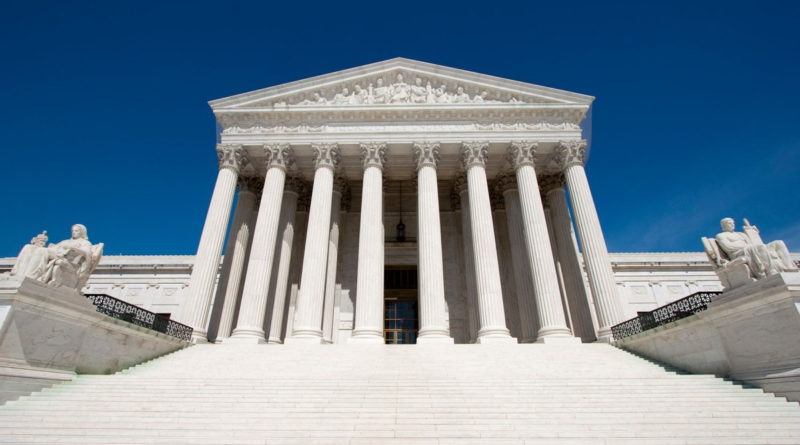Supreme Court sends Texas and Florida social media regulation laws back to lower courts
The Supreme Court on Monday vacated two judicial decisions concerning Republican-backed laws from Florida and Texas aimed at limiting social media companies’ ability to moderate content on their platforms.
The Supreme Court is sending both cases back to the lower courts for further review, noting that lower courts had failed to properly analyze the First Amendment challenges to the laws.
“The question in such a case is whether a law’s unconstitutional applications are substantial compared to its constitutional ones,” Justice Elena Kagan wrote in the decision. “To make that judgment, a court must determine a law’s full set of applications, evaluate which are constitutional and which are not, and compare the one to the other. Neither court performed that necessary inquiry.”
Both of the laws were adopted in 2021 and aimed to address complaints from conservatives who believed that social media companies like Facebook and X (formerly Twitter) were illegally censoring conservative political views. The concerns were heightened when Facebook and X suspended former president Donald Trump’s accounts following the January 6 attack on the Capitol building.
The laws aimed to block social media companies from removing certain political posts or accounts. The cases had the potential to determine whether social media companies should be able to determine how to moderate hate speech, election misinformation and spam on their own platforms.
NetChoice, a lobbying group for the tech industry, sued to overturn the laws, arguing that they violated the social media platforms’ speech rights. The group argued that the laws grant the government too much power over content published on privately owned social media platforms.
Lower courts ruled differently on the laws, as key measures of Florida’s law were blocked while the Texas law was upheld. However, neither law has gone into effect and both laws were put on hold pending the Supreme Court’s decision.




